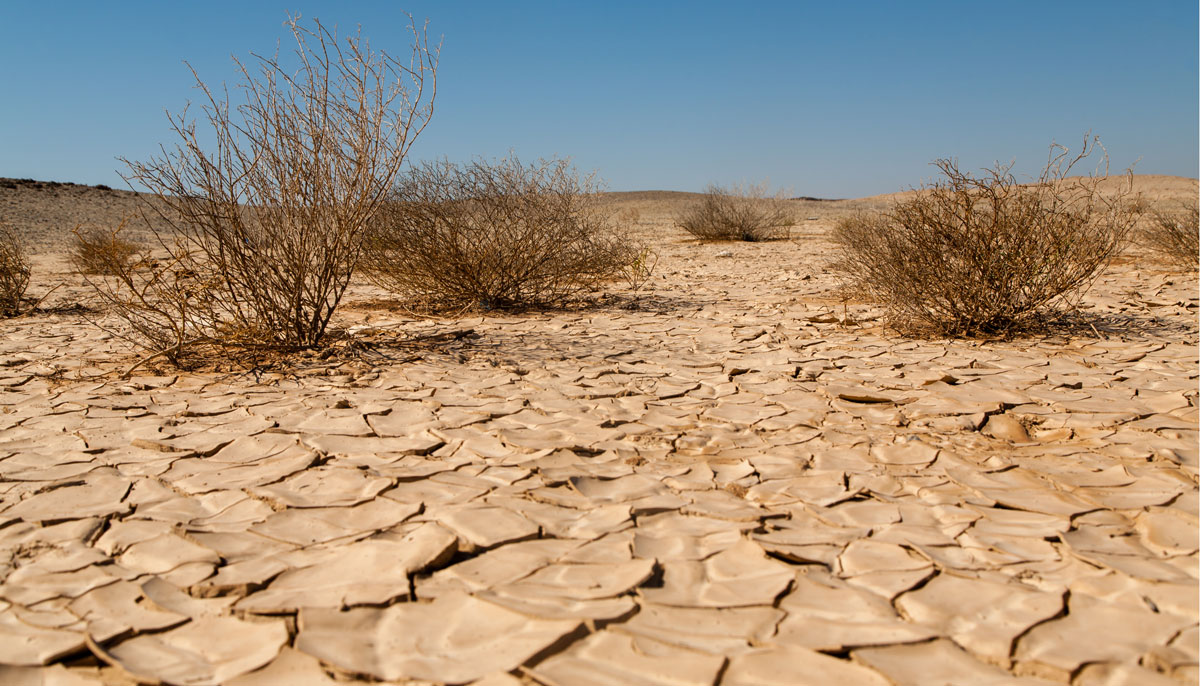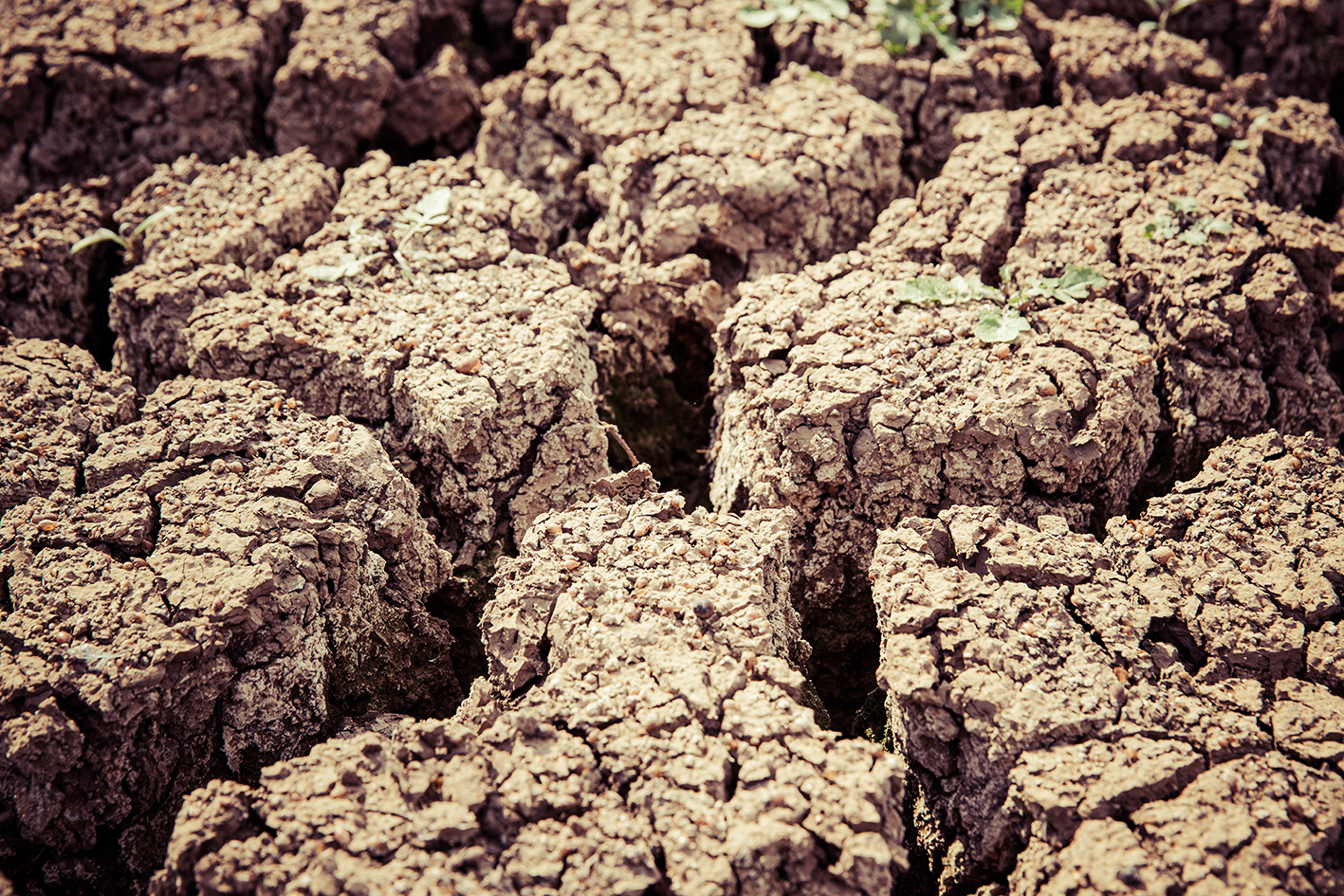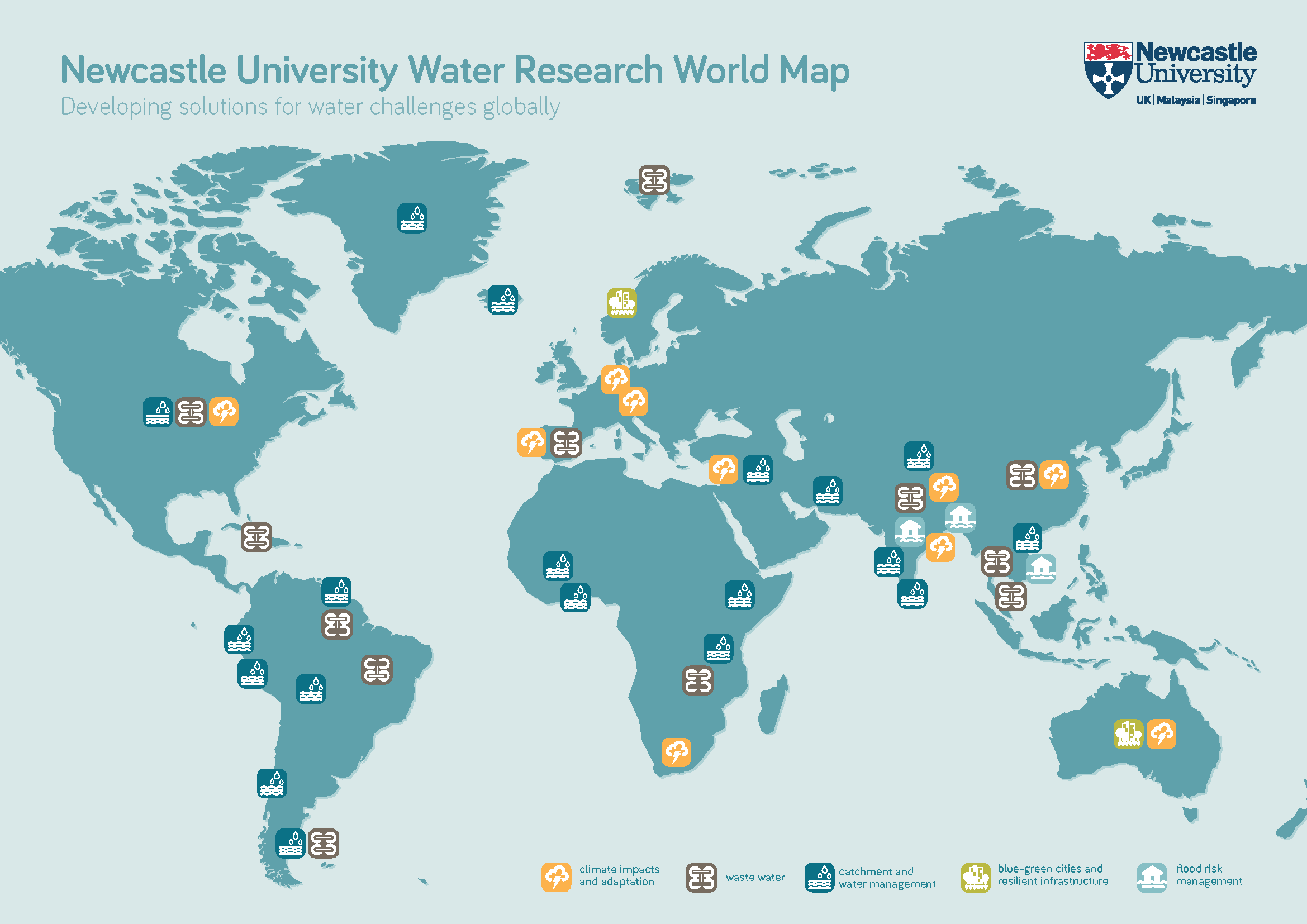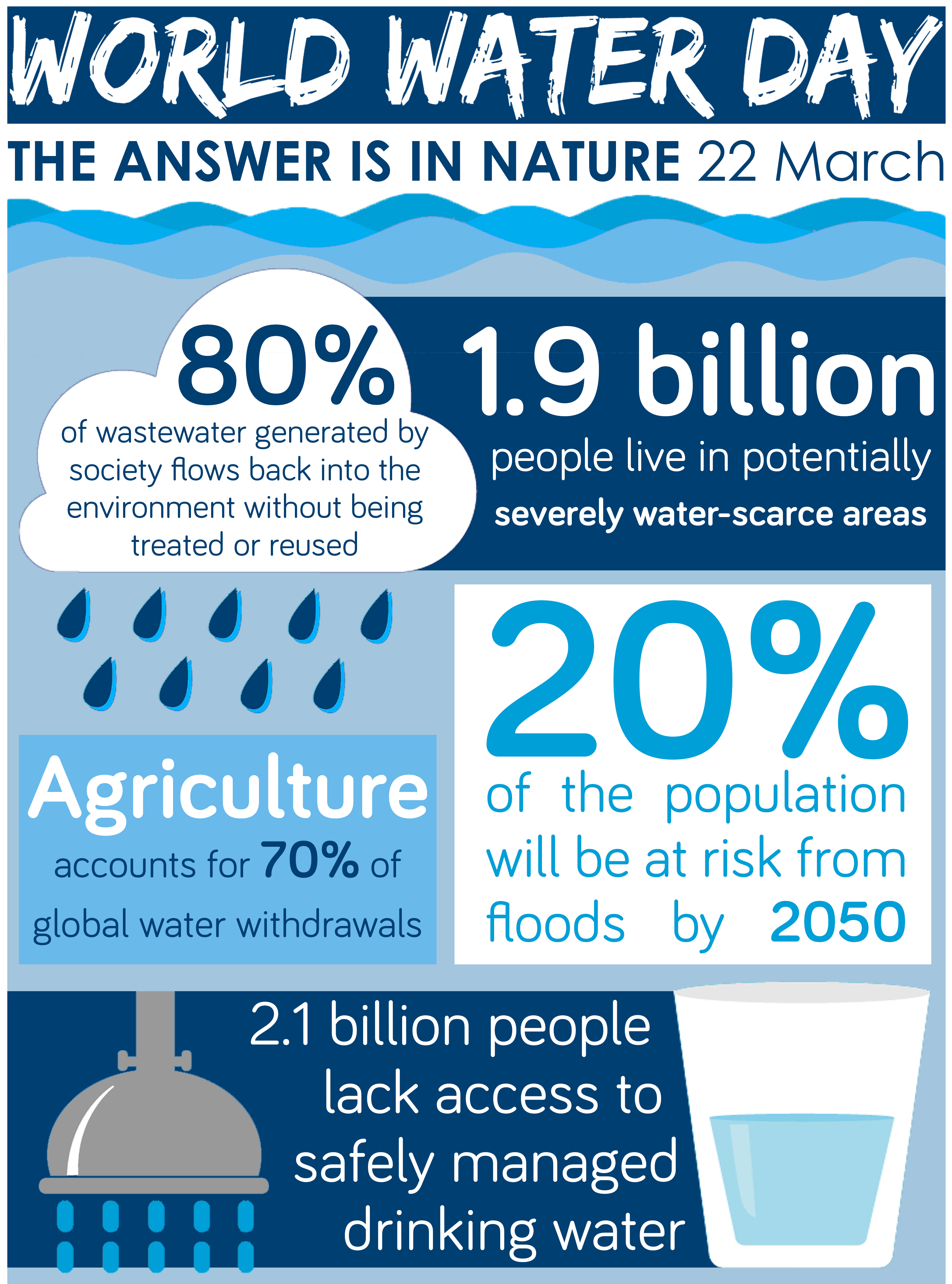The 17th June marks the United Nation’s World Day to Combat Desertification and Drought. The day serves as a reminder of the international efforts taking place to combat land degradation – these efforts are incredibly important to the livelihood of not only a huge number of ecosystems, but to millions of humans worldwide.
Desertification is the degradation of land in arid, semi-arid and dry sub-humid areas. Degradation processes can be fueled by a number of factors, including temperature and rainfall changes resulting from climate change and human-induced drivers of change such as soil erosion.

As the land begins to degrade, the benefits it once provided begin to diminish and the climate can be affected due to “many forms of land degradation releasing carbon into the atmosphere, exacerbating climate change.”
Research conducted by Professor Mark Reed, Newcastle University, and Professor Lindsay Stringer of University of Leeds highlights how the effects of climate change may be far greater for the world’s poorest people than previously feared due to the devastating consequences desertification can have on food production.
“It’s easy to think of land degradation as a problem of the developing world that doesn’t affect us here in the UK,” explains Professor Reed, Professor of Socio-Technical Innovation at Newcastle University.

“But if we continue to lose productive forests and rangelands around the world, then the carbon that they once locked up will be released into the atmosphere where it’ll drive further loss of productive ecosystems and more climate change.
“This will leave even more people vulnerable to the combined effects of climate change and land degradation.
“It’s a vicious cycle and one that will affect everyone living on the planet if we don’t start doing more to avoid runaway climate change by properly looking after our land.”
In order to tackle this problem, Professors Reed and Stringer explain that we need a more collaborative approach between researchers, local communities and international policy-makers to create timely and cost effective solutions.
Find out more about Newcastle University’s agricultural research here.

